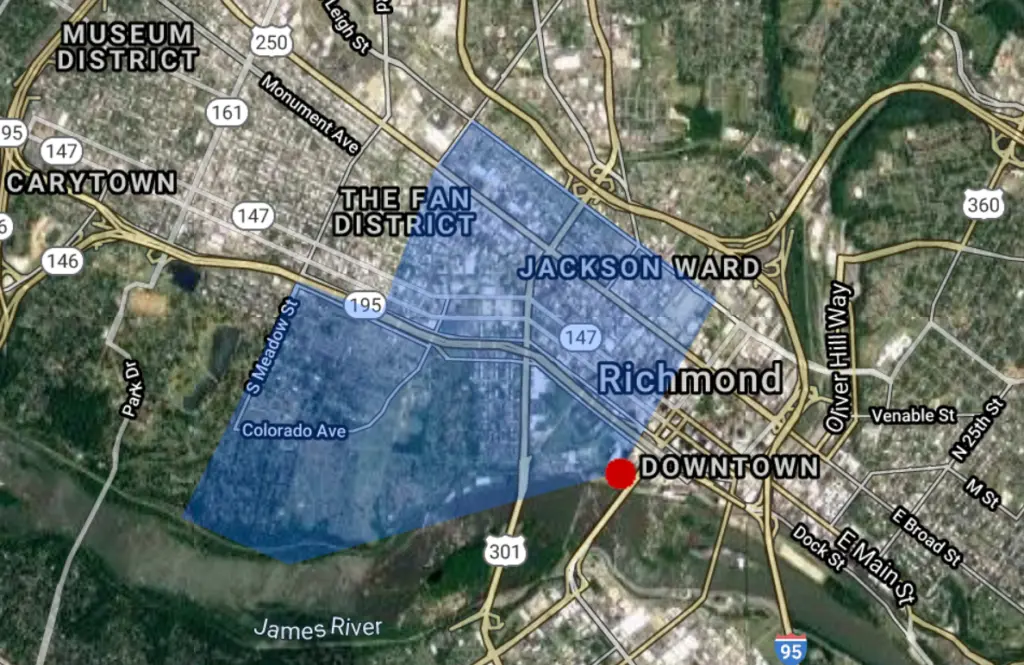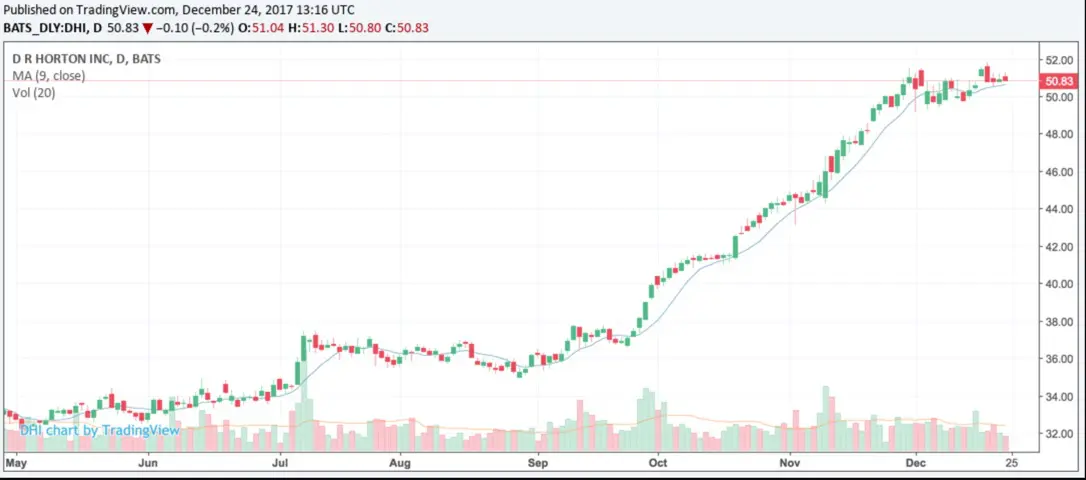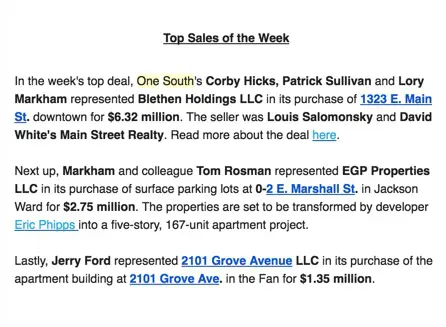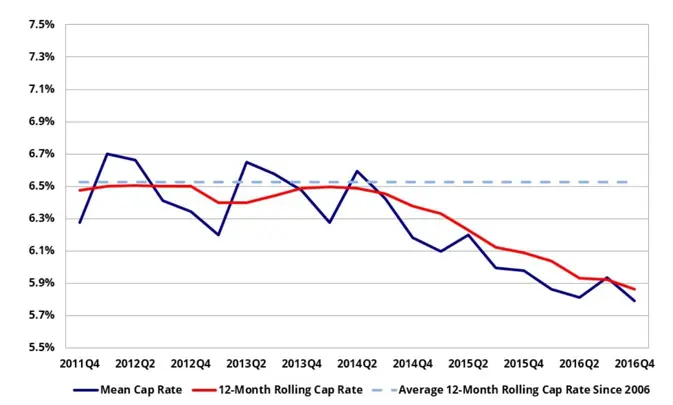Asking Price Means Everything and Nothing at All
Question — of the last 1,500 sales in the City of Richmond, do you know how many closed exactly at the asking price?
Answer — only 268!
So basically, 6 out of 7 times, the price paid and the price asked were not the same. I sincerely doubt that there is any other industry that operates this way.
Our Expectations
If you think about it, what does price really mean in real estate, anyway? According to the numbers above, 82% of the time, price only serves as a mere suggestion and offers no guarantee that what you want for your home is what you will get for your home. As a matter of a fact, there is a 43% chance you might actually get more, if you price it correctly.
For the astute seller, that can be a huge advantage.
When we go to the grocery store, we don’t negotiate for a price of milk. And when we go to the mall, we don’t negotiate the price of a pair of jeans.
So why then, does the asking price for a home and the closing price so rarely equal one another? Because each home is unique and that makes the market highly imperfect.
What Auctioneers Know
For the astute seller, that can be a huge advantage.
If I can get three (or more) people in the same room that want the same thing, then I get above market value and I get the most seller friendly terms.
It was the following statement that resonated with me — ‘If I can get two people in the same room that want the same thing, I always get market value for the asset. But if I can three (or more) people in the same room that want the same thing, then I get above market value and I get the most seller friendly terms.’
It was a remarkably simple and powerful observation.
Price Determines Behavior
Far too often I have seen sellers use the logic that pricing a property high gives them room to negotiate down and still receive their best net price.
What ends up happening when a home is priced above its value:
- The people who need to see their house never end up seeing it because they feel that they cannot afford it.
- The people who can afford it aren’t interested because the home doesn’t have the necessary features.
Think of it this way – imagine a 4 bedroom home with 2.5 baths and a 1 car garage priced more like it has 5 bedrooms and a 2 car garage. The buyers who can afford it won’t look at it because it lacks the 5th bedroom, and the buyers who need 4 bedrooms won’t even see it because it is above their budget.
So what ends up happening? A series of price reductions follows and the opportunity to create competition for the property is squandered.
So what ends up happening? Buyer traffic is low and urgency is non-existent. Typically, a series of price reductions follows and the opportunity to create competition for the property is squandered.
Multiple Offers Means Competition … and Possibly, Escalation
As a seller, the goal is always to have multiple offers submitted on your property – the competition amongst the buyers generates a really good price and seller friendly terms.
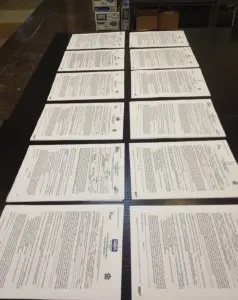
Competition amongst the buyers generates a really good price and seller friendly terms.
In many of the hotter markets, a multiple offer scenario generally means that several of the offers will contain an ‘Escalation Clause.’ An escalation clause basically says that the offering price will rise to the level of the next highest offer and then exceed it by a stated amount.
So when you have multiple offers with escalation clauses, they end up creating their own little auction. More often than not, competing escalation clauses drive the offers not just above the asking price, but substantially above the asking price.
Remember, Offers Contain a Price AND Terms
When it comes to making (or accepting) an offer on a piece of real estate, the contract that binds the buyer and seller contains about 2 paragraphs on price, but another 10 pages that discusses the terms. Financing terms, inspection times, personal property, contingencies, title, settlement dates, possession dates, closing costs — all of these items (and more) are a part of the purchase agreement and can drastically change the overall value of the contract.
[ You can read a lot more about writing winning contracts here ]
While you may not think about an inspection and its impact on price, when the buyer is willing to absorb the first $5,000 of any inspection items found, a shrewd seller will understand how that clause alone can impact the proceeds that they are likely to receive.
In other words, it is always about more than just price and knowing how to create the pressure on the buyer to offer the best price AND terms, is critical in maximizing the value in the offer.
Summary
Creating a bidding war is not possible in all scenarios. Properties that are unique or highly priced have a limited buyer pool and creating enough competition to cause a bidding war is difficult.
Don’t let a price discourage competition for your home. Do everything you can to encourage it.
But in areas where buyers are prevalent and inventory low, competition should be leveraged. A property that is both priced correctly and marketed correctly (as well as in pristine condition) will will result in a competitive scenario. And a good agent can help you not only find the perfect price to get multiple parties interested, but bring it to the market in such a way that all interested parties feel compelled to act immediately.
When the market competes, you not only get the best possible price, but you also get far more favorable terms.
Don’t let a price discourage competition for your home. Do everything you can to encourage it.

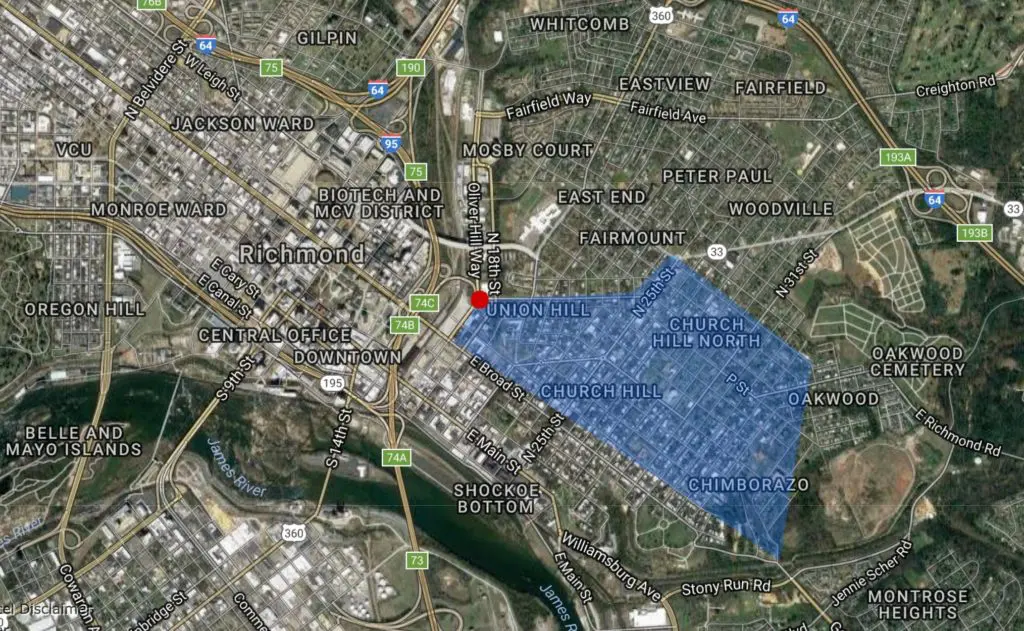
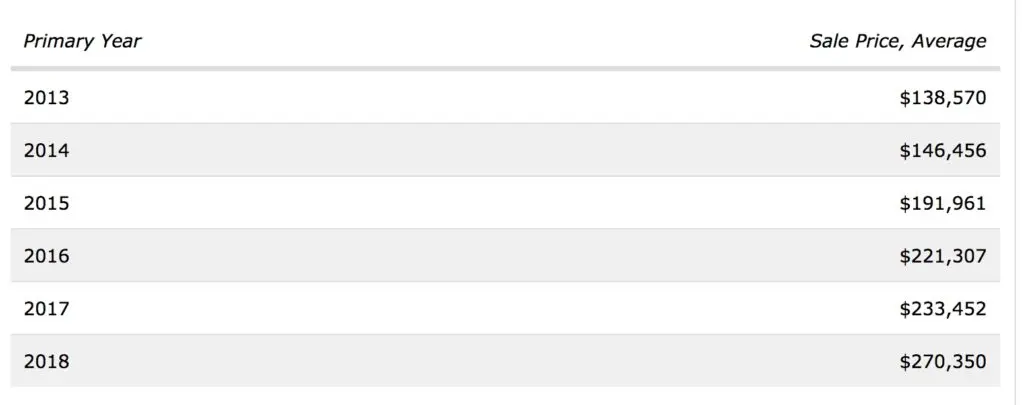
 Jarvis Grandchildren: ‘Grandpa, please tell us a story about the way real estate used to be!’
Jarvis Grandchildren: ‘Grandpa, please tell us a story about the way real estate used to be!’
